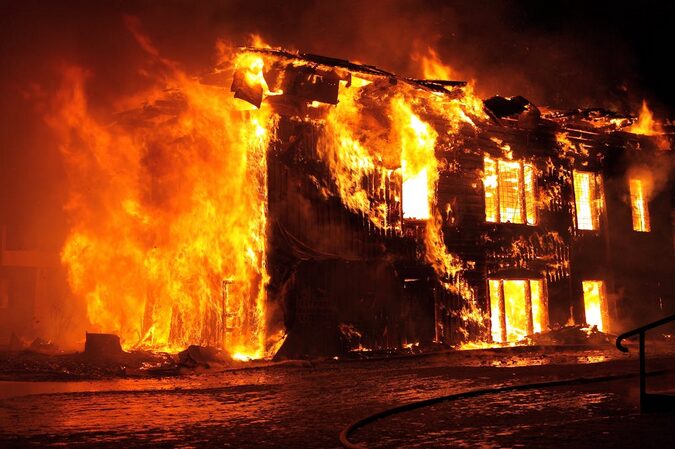Understanding the Serious Effects of Fire Damage

A fire is one of the most damaging events to a home or business. It can put lives at risk, destroy property, and leave long-lasting effects. This article explains the serious impact of fire damage, the factors that increase its severity, and the different types of damage a fire can cause. It also covers how fire affects people and how damage should be assessed in homes and commercial buildings.
Major Effects of Fire Damage
Fire damage can lead to many problems. The most obvious is the destruction of property. Fires can burn down buildings, furniture, and personal items, leaving behind ashes, debris, and smoke stains. For those thinking, “Should I sell my fire damaged house houston ?” this kind of destruction can feel overwhelming. Even after the fire is extinguished, the water and chemicals used to fight it can continue to damage walls, floors, and personal items.
What Makes a Fire More Severe?
Several things can make a fire worse, such as how big it gets, how much it can burn (fuel), and how much air (oxygen) it gets. However, the most important factor is time. The longer a fire burns, the more destruction it causes. Fires detected and put out quickly usually do less damage than those that burn for a long time.
Types of Fire Damage
- Structural Damage: Extreme heat can damage a building’s structure, which may cause walls or ceilings to collapse.
- Smoke Damage: Smoke seeps into walls, furniture, and clothes, leaving behind a strong odour and dark stains.
- Water Damage: Water used to fight the fire can soak into floors, furniture, and walls, causing mould or rot.
When Fire Risk Is Highest
The danger of fire damage increases during dry weather, especially when winds are strong and vegetation is dry. These conditions increase the chances of fires starting and spreading quickly. Authorities issue fire danger warnings during such times, urging people to be alert and prepared.
Health and Emotional Effects
Fires can cause serious health issues. Breathing in smoke and toxic fumes may lead to asthma, bronchitis, and other lung problems. Fires also cause burns and, sadly, sometimes death. On the emotional side, many people experience stress, anxiety, or trauma after a fire, especially if they’ve lost their home or loved ones.
Five Main Negative Effects of Fire
- Property Loss: Buildings and belongings are often destroyed.
- Emotional Trauma: Fires can be mentally and emotionally distressing.
- Health Risks: Smoke and chemicals can cause long-term health issues.
- Financial Loss: Repair and rebuilding costs can be high.
- Displacement: Families and businesses may be forced to relocate.
Damage Assessment
Before repairs begin, a licensed professional should evaluate the damage. A damage assessment report includes repair estimates and identifies safety risks like weak structures or exposed wiring. For businesses, the report may also cover damage to equipment and systems.
Conclusion
Fires can have devastating effects on both people and property. Understanding how fire damage works—and how to properly assess and address it—is key to recovery. By being prepared and taking safety seriously, homeowners and businesses can better protect themselves and recover faster after a fire.














